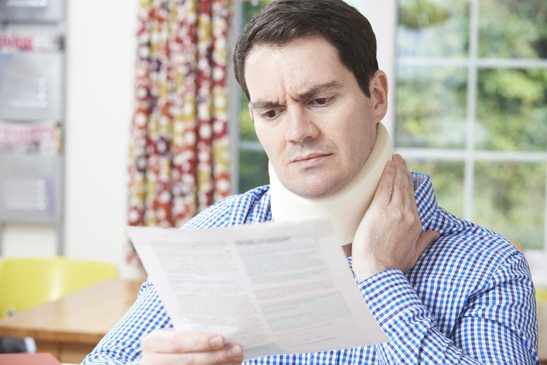If you were injured due to another person’s careless or reckless actions, you have a right to claim reasonable compensation for damages that you incurred. There are three elements that you must prove in order for your claim to be successful:
- The defendant owed you a duty of care;
- The defendant breached that duty; and
- You suffered an injury or loss as a result.
Even if negligence and liability seem obvious—for example, if you were injured in a crash with a drunk driver—the insurance company or defendant will still look for any possible excuse to dispute your claim. Whether or not you are able to recover fair compensation will depend primarily on the strength of your evidence.
William E. Ballard is an injury attorney in Jackson who can help you gather evidence and fight for the maximum compensation. If your case goes to trial, Mr. Ballard has the litigation experience to represent your interests in court. Call 769-572-5111 to schedule a free initial consultation at Ballard Law, PLLC.
Let’s examine various types of evidence that your attorney may use to support your claim:
- Duty of Care
Proving that the defendant owed you a duty of care is fairly straightforward in car accident cases. All drivers have a duty to act in a way that does not put other people at risk. As such, the police report should be sufficient for proving that the defendant owed you a duty of care.
- Breach of Duty of Care
How did the defendant’s actions or lack of action cause your injuries? If, for example, you were injured in a car accident that was caused by a drunk driver, that driver’s negligent decision to drive under the influence constituted a breach of duty of care. Speeding, making illegal turns, and other traffic violations also constitute a breach of duty.
To prove a breach of duty of care, your attorney may use the police report, witness testimonies, testimony from an accident reconstruction expert, toxicology reports, and photographs of the crash scene. Other evidence may be available depending on the particulars of your case. For instance, if the at-fault driver was operating a tractor-trailer, your lawyer might be able to use data from the truck’s event data recorder, or “black box,” to prove negligence.
- You Suffered an Injury or Loss
You do not have grounds for a personal injury claim unless you suffered an injury or loss. There are three categories of damages that may be recoverable in personal injury claims: economic, non-economic, and punitive damages.
Economic damages, such as medical bills and lost wages, have an objectively verifiable value. Non-economic damages, such as pain and suffering, do not have an objectively verifiable value. Punitive damages usually are not recoverable in personal injury claims; however, they may be recoverable if the at-fault driver was under the influence. These damages are not intended to compensate you for an injury or loss but, rather, to punish the defendant for particularly egregious behavior.
William E. Ballard is an accident lawyer in Jackson who can calculate your damages and help you fight for the maximum settlement. You will pay no attorneys’ fees unless you recover compensation. Call 769-572-5111 today to schedule a free initial consultation.


